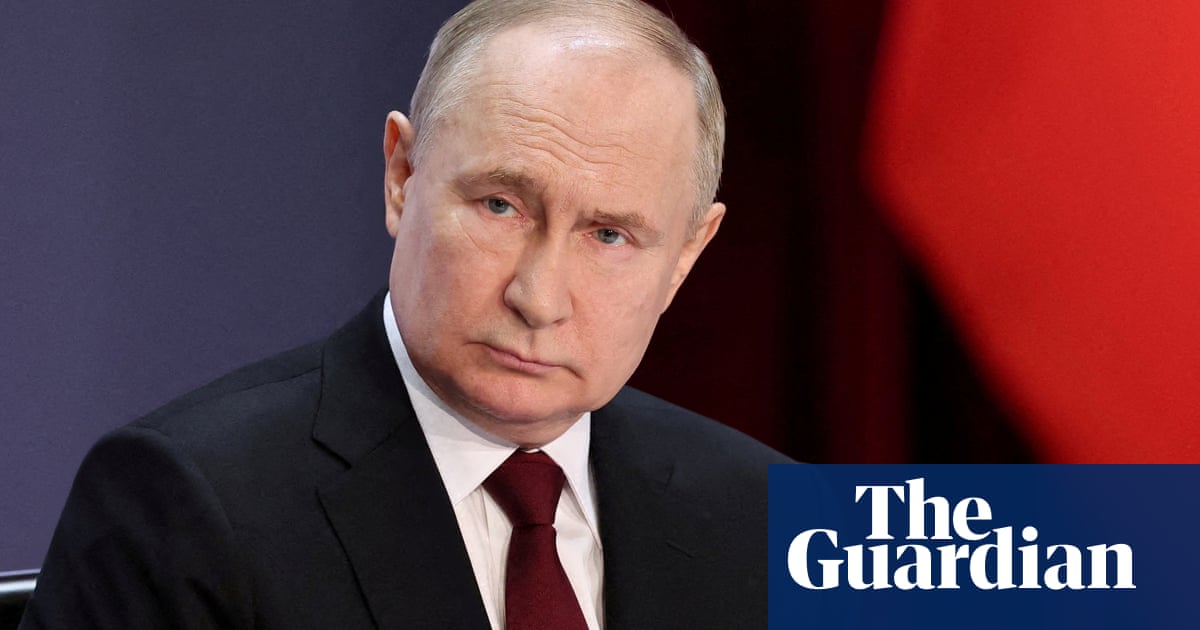- cross-posted to:
- [email protected]
- cross-posted to:
- [email protected]
France says Russia can be represented but president will not be invited because of war in Ukraine
Russia will be invited to send representatives to an international ceremony commemorating the 80th anniversary of D-day – but not Vladimir Putin, the French organisers have announced.
The Élysée is reported to have accepted that the country should be represented but said its leader is not welcome because of Moscow’s ongoing war on Ukraine.
“In view of the circumstances, President Putin will not be invited to take part in the commemorations of the Normandy landings,” the Liberation Mission organising committee said.



Russia had nothing to do with D-Day anyway.
A more salient point is that Russia was one of the fucking instigators of WW2 and only ended on the winning side through political expedience.
It was Britain and France who enabled Hitler and who ignored Polish warnings.
Yes, but they didn’t invade Poland together with hitler. Slight difference there.
Technically, there were a lot of Russian and Mongolian conscripts volunteers serving in the Osttruppen on the German side.
I feel sorry for them if they had no choice, but I would suggest that the German side is not what is being memorialized in the ceremony.
Ehhhh…
So, Stalin had been pushing for it, in that a second front would reduce pressure on the Soviet Union. It’d also create more difficulties for the Axis; they’d have to have some of their forces a fair distance away, hard to reinforce a spot that runs into trouble. So he politically supported it.
The fighting on the Eastern Front wasn’t part of the D-Day landings as such, but in turn, it pulled Axis forces away from an area. The really risky part of an amphibious operation is before there’s an established beachhead – then the forces are very vulnerable. Limited retreat isn’t possible. An overall retreat is very difficult, rapid reinforcement isn’t easy. All of the supply line may be under fire. Much of the supply is on ships, which are vulnerable. A big part of making D-Day work was keeping major Axis counterattacks away until the beachhead had been enlarged enough that the landing areas weren’t at direct risk, and things like the paratrooper drops, subterfuge aimed at creating confusion, severing communications, and all that are all aimed at buying enough of a window to do that. Pressure elsewhere will help with that.
By the time that D-Day occurred, a lot of fighting had occurred on the Eastern Front. Had that not occurred, there would have been much larger Axis forces available to counterattack in Normandy.
D-Day wasn’t a Soviet operation, no. But Soviet actions did make it much more viable than would have otherwise been the case.
EDIT: Also, while the great bulk of Lend-Lease was towards the Soviet Union, there was also some amount of limited “reverse Lend-Lease”, where certain materials that were in short supply with the western Allies but readily-available in the Soviet Union were shipped back. That wasn’t specific to the D-Day landings, but they’ll have generally aided operations in the west.
https://en.wikipedia.org/wiki/Lend-Lease#Reverse_Lend-lease
It was a missed opportunity for it to be called Esael-dneL.